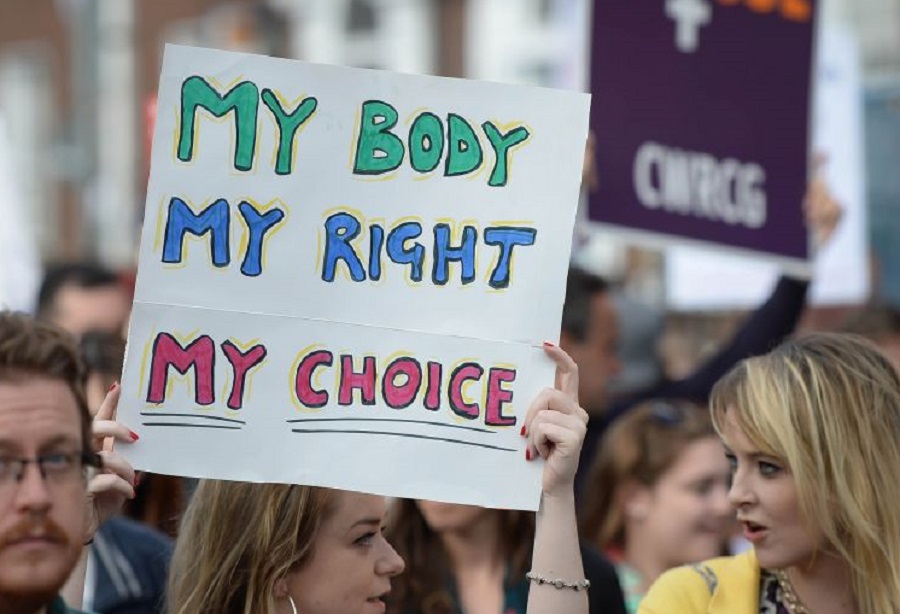On 25 May, Irish citizens are invited to take part in the referendum to secure women’s right to abortion. The country has one of the strictest legal regimes in the world: the Eighth Amendment to the Constitution, adopted in 1983, enshrines the equal right to life of the mother and the unborn child, prohibiting abortion.
Access to abortion for women and girls is only allowed if their lives are in danger, and was only enacted in 2013. In all other cases, abortion is considered a crime, carrying a prison sentence of up to 14 years.
The referendum was announced by the Irish government in March, sparking heated debate and polemics from Catholic religious circles, which still have significant footholds in Irish society.
In the referendum, the Irish will be asked whether or not they want the Eighth Amendment to the Constitution to be repealed and instead allow parliament to legislate on abortion.
This is not the first time that the issue of securing the right to free abortion has been of concern to women and feminist organizations in Ireland.
After all, the fact that abortion is illegal in the country, violating the sexual and reproductive rights of Irish women, leads them to various solutions, often dangerous to their lives: A significant number of women use dangerous methods of terminating a pregnancy (buying illegal and often dubious quality pharmaceutical formulations from the internet), putting their health at risk.
Every year thousands of women travel from Ireland to the UK to have a free and legally safe abortion, bearing the corresponding costs.
As if all this were not enough, stigmatization from family, work, or wider social environments is not uncommon. For the migrant, refugee, and uninsured Irish women, the situation is even worse.
Feminist movements and women’s organizations around the world have been demanding for decades the universalization of the right to abortion, access to free, legal, and safe abortion for all – without exception – women (working or not, insured or uninsured, indigenous or refugee, economically weak, addicted and/or other women’s population groups).
This is the path that women in Ireland are following.
The Diotima Centre supports Irish women’s struggles to secure their right to safe, free and legal abortion, to have both their reproductive and sexual rights recognized, and their right to make their own decisions about their bodies.
In this context, we stand with Irish women and all Irish citizens in the effort to repeal the 8th Amendment to the Irish Constitution.





